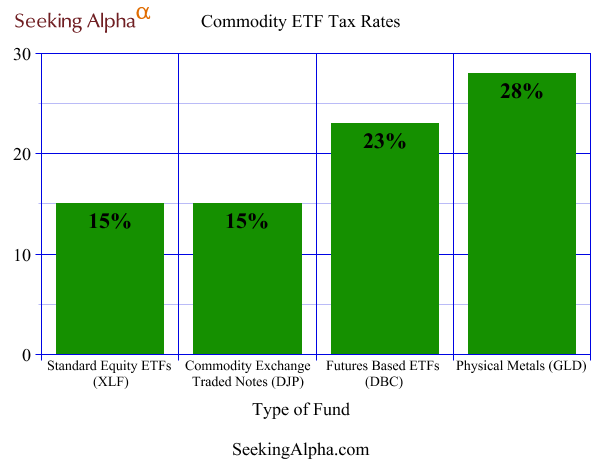Taxes Owed On Bonds Create Confusion According To
Post on: 14 Апрель, 2015 No Comment

Taxes Owed On U.S. Savings Bonds Create Confusion, According To SavingsBonds.com. Savings Bond Owners Seek Guidance During Tax Season.
Bond owners continue to make innocent mistakes. They usually don’t understand the tax consequences when cashing in that costs them money.
Spring Lake Heights, New Jersey (PRWEB) April 11, 2013
While purchasing U.S. savings bonds continues to be easy for most, understanding taxes owed on the bonds can be confusing, according to SavingsBonds.com. Savings bonds owners often need guidance on proper savings bond management and taxation issues. Unfortunately, many uninformed bond owners make costly, often irreversible, financial mistakes.
“The government only sells savings bonds without providing instructions on the basics of how to properly manage them,” says Jack Quinn, Founder of SavingsBonds.com. Quinn adds, “Bond owners continue to make innocent mistakes. They usually don’t understand the tax consequences when cashing in that costs them money.”
Here are a few savings bond taxation facts;
Savings bonds are free from state and local taxes. There are no special taxes or fees owed when purchasing or redeeming the bonds. Savings bonds are subject to federal income taxes. However, owners may or may not have to pay federal income taxes based on all sources of income or expenses that may have occurred in the year the bonds were cashed in (also known as redeemed).
According to IRS publication 550, chapter 1, page 7, the total interest earned on a savings bond(s) must be reported in the year in which the bond has reached final maturity, regardless if the bond was cashed in. If the bond was cashed in prior to reaching its final maturity, the interest must be reported in that year.
When cashing in savings bonds, if the interest earned amount exceeds $10, the financial institution, such as a bank or credit union, or the government agency will issue a 1099-INT to the person who redeemed the bond(s). The form could be issued at the time the bond is redeemed, or before February 28 of the following year, which creates an unpleasant tax surprise. Bond owners are normally excited about obtaining the cash, but disappointed about receiving the 1099-INT. They were likely unaware of the total amount of interest income that the bond(s) generated.

Total interest earned amounts are determined by taking the current cash in value minus the actual purchase price of the bond. Series EE bonds were purchased for one half of their face value. Series I bonds are purchased for face value. Furthermore, many owners are not aware that Series EE bonds will continue to increase in value beyond the face amount printed on the bond.
www.savingsbonds.com. It is simple for most bond owners to learn cash-in values, interest earned amounts, and understand tax consequences, prior to cashing in. This is especially important for seniors who are receiving social security benefits. Poor bond management and lack of understanding taxation issues — which normally create costly mistakes – can now be avoided.
About SavingsBonds.com:
SavingsBonds.com is a consumer friendly site offering a free savings bond calculator with a complimentary, personalized, color-coded, Savings Bond Inventory Report and unique reports and services that help bond owners avoid losing money and maximize their investment. The site also offers the most extensive savings bond information center with a non-governmental perspective. Current series EE and I bond rates, lost bond services and re-issue services, links to purchase savings bonds online and popular government forms are also available.
About SavingsBonds.com VIP Membership:
SavingsBonds.com VIP Members receive bi-monthly emailed Alerts! which provide updated cash in values, interest rates and earnings, strategies about current and upcoming financial events, including maturity and taxation issues. The Cash In Report ranks bonds in performance order to eliminate guesswork on which bonds should be cashed in and which ones to hold. Members have 24/7 access to a personalized Bond Inventory Report indicating current bond values, interest rates, timing, taxation and maturity issues, displayed on an easy to understand, color-coded, bond-by-bond report. Optional Bond Tips, along with discounts on lost bond and re-issue services are included. The pro-active, investor friendly service helps avoid possible forfeiture of interest, double taxation and IRS situations, helps investors maximize their savings bond investment and avoid losing money.














